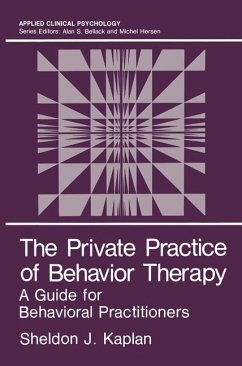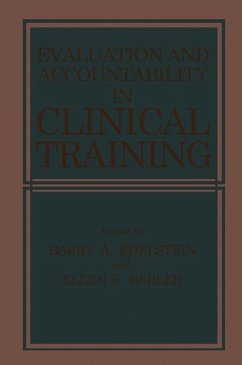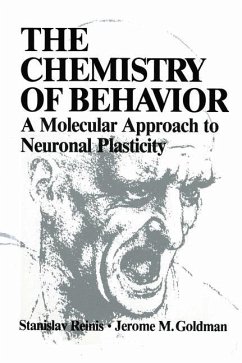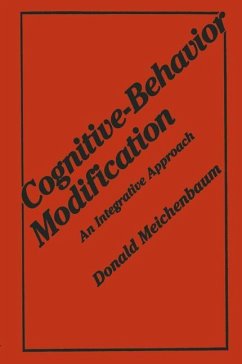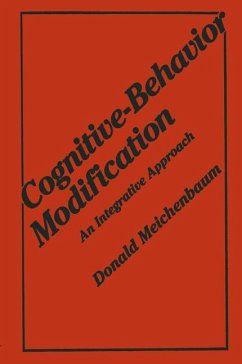
Self-Control and Self-Modification of Emotional Behavior

PAYBACK Punkte
20 °P sammeln!
1 Emotions, Self-Control, and Self-Modification: An Introduction.- Self-Control and Self-Modification: Working Definitions.- Perspectives on Self-Control and Self-Modification.- Self-Control and Self-Modification of Emotional Behavior.- References.- 2 Physiological Patterning and Emotion: Implications for the Self-Regulation of Emotion.- Patterning of Subjective Experience.- Facial Muscle Patterning and Emotion.- Autonomic Nervous System Patterning and Emotion.- Denial, Dissociation, and Disregulation.- Patterns of Central Nervous System Processes and Emotion.- Summary and Conclusions.- Refere...
1 Emotions, Self-Control, and Self-Modification: An Introduction.- Self-Control and Self-Modification: Working Definitions.- Perspectives on Self-Control and Self-Modification.- Self-Control and Self-Modification of Emotional Behavior.- References.- 2 Physiological Patterning and Emotion: Implications for the Self-Regulation of Emotion.- Patterning of Subjective Experience.- Facial Muscle Patterning and Emotion.- Autonomic Nervous System Patterning and Emotion.- Denial, Dissociation, and Disregulation.- Patterns of Central Nervous System Processes and Emotion.- Summary and Conclusions.- References.- 3 A Self-Environmental Systems Model and Its Implications for Behavior Change.- to Systems Theory.- Application of a Systems Theory to a Mechanical System.- Application of Systems Theory to Simple Operant Schedules.- A Self-Environmental Regulation Model.- Self-Environmental Regulation Treatment Strategies.- Application of the SERMOD and SERTS to the Individual Management of Obesity.- Application of the SERMOD and SERTS to the Analysis of Television Commercials and Eating Habits.- Concluding Comments.- Summary.- References.- 4 Emotionality and Aging.- Defining Emotions.- Theories of Emotion.- Emotions and Biological Aging.- Cognitive Changes.- The Data: Evidence on Affect and Emotion in the Aged.- Summary and Discussion.- References.- 5 A Skill Deficit Approach to Loneliness.- Consequences of Aloneness.- Approaches to Loneliness.- Loneliness, Coping Skills, and Pleasurable Activities.- The Prevention of Loneliness.- References.- 6 Alcohol and Anxiety: Recent Evidence on the Tension Reduction Theory of Alcohol Use and Abuse.- Evidence from Animal Studies.- Evidence from Studies with Human Subjects.- Conclusion.- References.- 7 Controlled Drinking: A Concept Coming of Age.- The Origins of Traditional Ideology.- Basic Research on Control over Drinking.- Applied Research on Control over Drinking: Treatment and Follow-up Studies.- A Critical Evaluation of the Responses of Traditionalists.- Possible Predictors of Controlled-Drinking Outcomes.- The Contemporary State of Treatment for Alcoholism.- Self-Regulation and the Alcohol Field.- References.- 8 Teaching Healthy Managers to Control Their Coronary-Prone (Type A) Behavior.- Targets for Change in the Type A Pattern.- Treatment Philosophy.- Treatment Techniques.- Treatment Content.- Maintaining and Generalizing Treatment Benefits.- Problems Anticipated and Encountered.- A Cautionary Note.- References.- 9 Self-Help Approaches to Self-Management.- The Status of Current Self-Help Programs.- Future Directions.- References.



